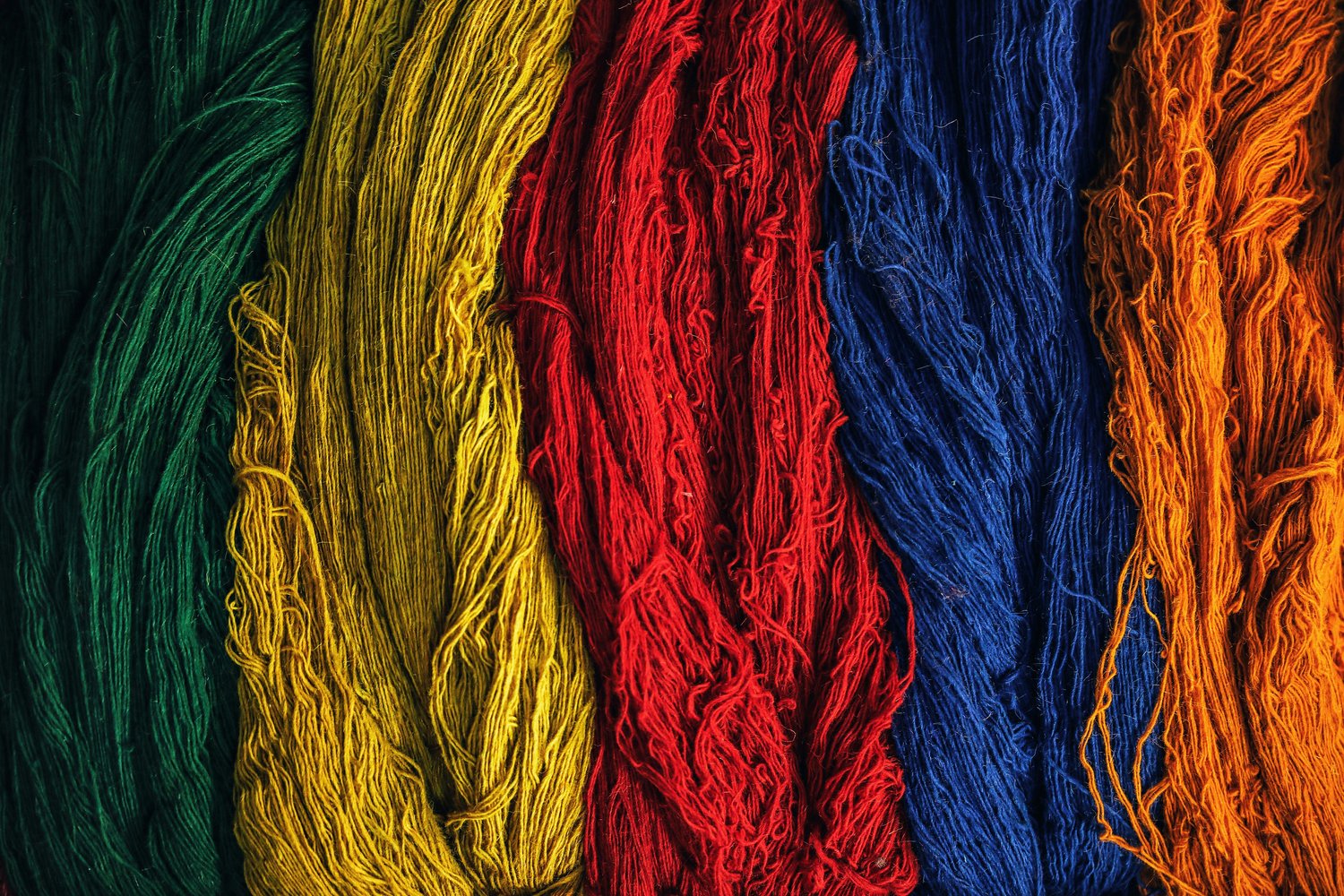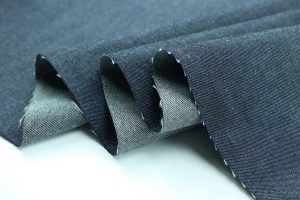Image: https://unsplash.com/photos/red-yellow-and-blue-textile-20T7ctRArtA
Cotton fabric is among the versatile materials within the textile sector. It is ideal for customization because of its adaptability. For companies purchasing wholesale cotton fabric, value-added services such as dyeing, printing, and weaving offer new opportunities. Explore how these services transform this industry and how businesses leverage these opportunities.
Custom Dyeing, Printing, and Weaving of Wholesale Cotton Fabric
Custom Dyeing
With dyeing services, businesses can have fabrics made to exact shades that align with their branding or product requirements. From soft pastels in baby products to bold hues in promotional materials, dyeing services provide precise color matching that differentiates brands.
Printing Techniques
Advanced printing techniques let intricate patterns, logos, and designs be printed on cotton fabrics. They include screen printing, digital printing, and block printing. These techniques ensure that the prints are high quality and durable.
Specialized Weaving
A custom weaving service for businesses needing particular textures or fabrics’ strengths is essential. Changing the weave pattern, manufacturers can make fabrics that vary from light and dense to robust.
Meeting Niche Market Demands Through Customization of Wholesale Cotton Fabric
Organic Fabric Customization
The demand for organic cotton and eco-friendly customization has increased. Now, businesses can promote no-chemical fabrics to allure eco-conscious consumers.
Luxury and High-End Textile Options
Customization allows the company to cater to luxury markets through premium finishes. These include mercerization to give sheen or embroidery for elegance. High-end customizations create unique, high-quality products that can command a premium price.
Industry-Specific Customization
Different industries have different requirements for fabric. Medical textiles require hypoallergenic properties, and the hospitality industry will prefer wrinkle-resistant strong fabrics. Making the customization for such needs in cotton ensures businesses can cater to a niche market effectively.
The Role of Customization of Wholesale Cotton Fabric in the United States Market
The United States has a growing preference for customized textiles.
Support for Small and Medium Enterprises (SMEs)
Customization services let US SMEs compete against large enterprises by offering unique products. This, for example, allows a boutique fashion label or an artisanal home décor brand to stand out in crowded markets.
Trends in US-Made Personalized Textiles
American consumers like to have a personal touch with their products, hence the trends in customized fabrics. US-made customized cotton fabrics are fast becoming a symbol of quality and craftsmanship. This boosts their appeal in both domestic and international markets.
Benefits of Personalized Designs for Branding
Building Brand Identity
Customizing cotton fabrics with distinctive colors, patterns, or logos helps a business carve its brand identity. Be it a specific shade of color for uniforms or a signature print for products, such becomes synonymous with the brand.
Improving Customer Experience
Personalized fabrics offer exclusivity and a sense of connection. Customers are more loyal and satisfied when a business offers them customized products.
Adding Value to Products
Through customization, added value perception enables a business to charge for value. For example, a custom-printed tote bag will get a premium price and be more profitable than a standard one.
Conclusion
Wholesale cotton fabric personalization is modernizing the industry. From niche market demands to branding opportunities, personalized cotton fabrics enable businesses to seek differentiation and address specific needs. These services are driving growth and innovation.



